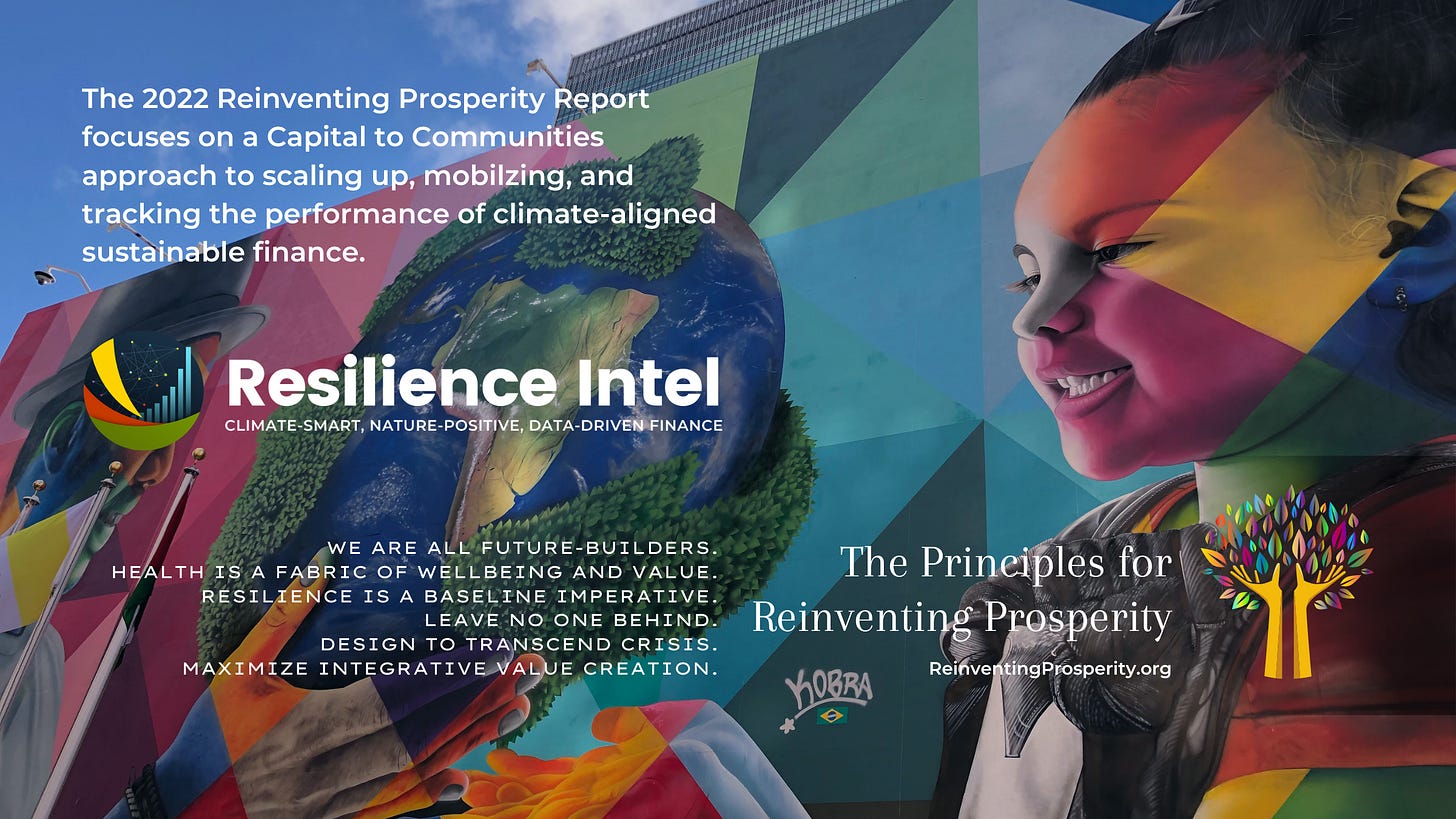How do you define a livable future?
The Consultation on Priorities for a Livable Future is an opportunity to share your vision for a better world, to inform international policy processes.
On Tuesday, January 24, Citizens’ Climate International convened the first global online event to examine stakeholders’ insights on Priorities for a Livable Future. Participants reviewed critical questions about evolving sustainability and climate challenges and outlined priorities for long-term human security and wellbeing.
Asked what they hope their youngest family members might dream and do in the future, participants called for:
Clean air and a clean and healthy environment;
Reduced violence within and between nations;
Broad and consistent protection of human rights, including the right to advocate for environmental protection and human rights without fear of persecution, retribution or violence;
Rights for nature, including rivers and sensitive ecosystems, to provide more policy capacity for achieving a healthy, clean environment;
Livable cities, served by resilient infrastructure and sustainable supply chains.
We also heard about the long-term need to reorient policy and economics so no money causes climate disruption or harm to nature. And, all of this was situated within an awareness of the responsibility to future generations, to create conditions for livability not only in the nearest future decades, but thousands of years into the future. To achieve this, we heard we will need responsible, inclusive, and cooperative global governance, starting right now and sustained over time.
Background
Three years into the COVID-19 pandemic, many now recognize it as the first global catastrophic event of the Anthropocene epoch—the time in which the health of Earth systems is shaped by human behavior, and this human impact is leaving a visible imprint in the geological record.
Climate disasters have become commonplace, and often overlap and compound one another's effects, in all regions of the world.
Because we have not yet taken responsibility collectively for the stewardship of natural systems, we face an ever intensifying pattern of crisis colliding with crisis (nature loss, mass extinction, ecological breakdown, prolonged scarcity of water, food, and other everyday needs).
In 2022, Russia's invasion of Ukraine set off an acceleration of cascading negative impacts, threatening global food security and contributing to an unprecedented global cost-of-living crisis.
The pandemic, climate, and confict-related risks are colliding with a worsening debt crisis, making it harder countries to respond in times of need.
The United Nations' Global Crisis Response Group on Food, Energy, and Finance, finds 1.6 billion people across 94 countries face serious vulnerability from at least one dimension of the global multi-crisis. 1.2 billion of those people live in countries experiencing the "perfect storm" of crisis in food, energy, and finance.
In September 2020, CCI and Resilience Intel published the Principles for Reinventing Prosperity. They constituted a stakeholder-driven approach to building back better from the COVID-19 emergency, and working towards all 17 Sustainable Development Goals and a climate resilient future of inclusive prosperity.
The six principles are:
We are all future-builders.
Health is a fabric of wellbeing and value.
Resilience is a baseline imperative.
Leave no one behind.
Design to transcend crisis.
Maximize integrative value creation.

Share your vision
The Consultation on Priorities for a Livable Future will run online, from January 2023 through May 2024, and will be focused on building stakeholders' insights into Resilience Intel reports to inform action at the COP28 in 2023 and the 2024 United Nations Summit of the Future on Multilateral Solutions for a Better Tomorrow.
At the COP27 United Nations Climate Change negotiations in Sharm el-Sheikh, we heard unprecedented support for robust, ongoing stakeholder engagement across the process, including:
for assessment of progress in the Global Stocktake, throughout 2023,
for understanding and fine-tuning adaptation and resilience measures,
and in the context of whole-of-society Action for Climate Empowerment.
We invite leaders, stakeholders, and communities, to organize events focused on Priorities for a Livable Future, using the Engage4Climate Toolkit.



